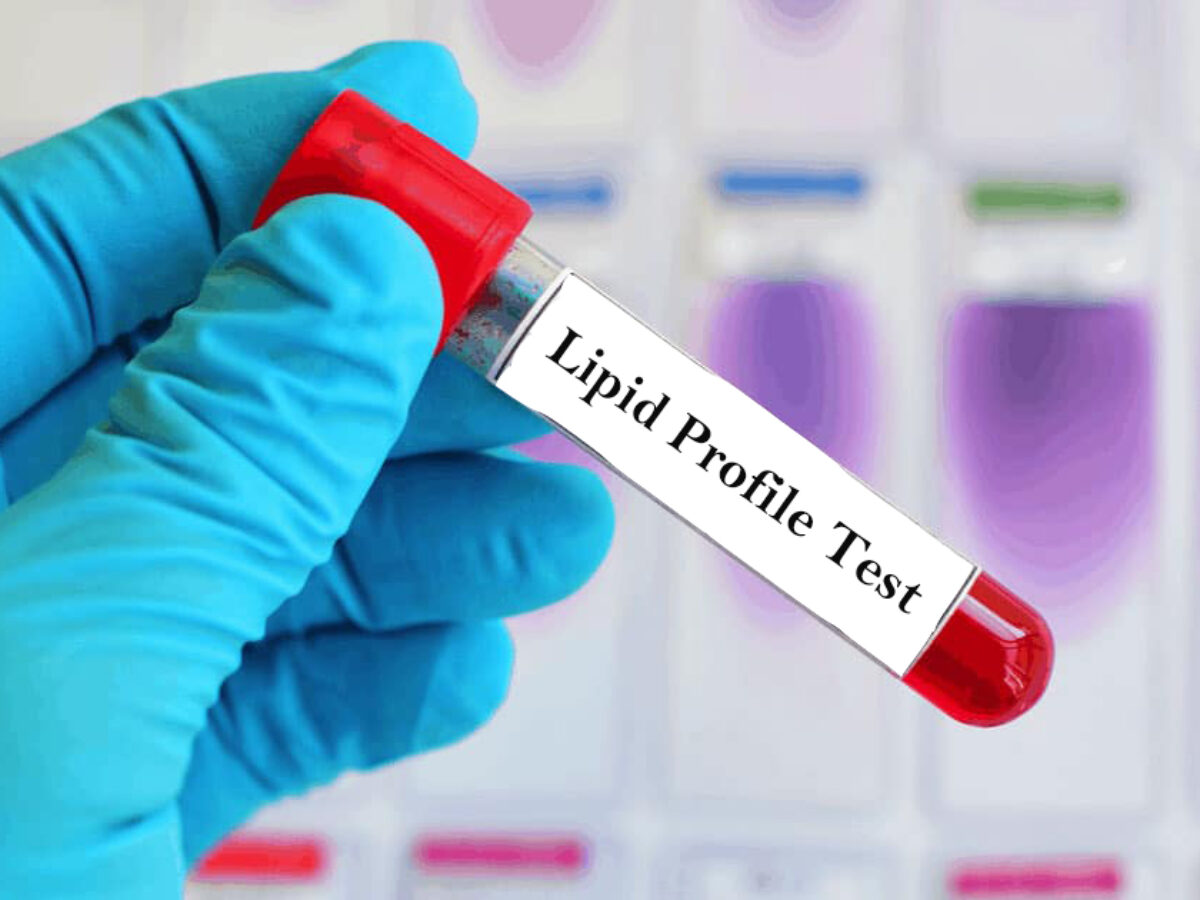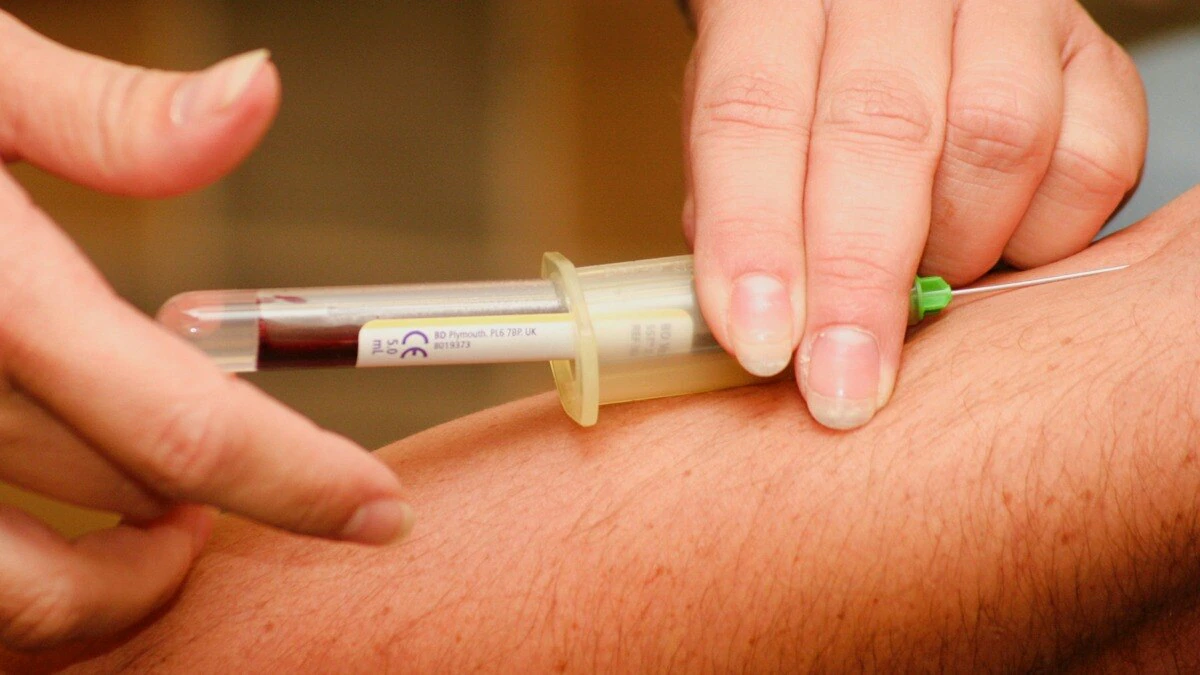Weight Loss
Medical weight loss is a science-based approach to achieving sustainable weight loss and improving overall health. Contrary to common misconceptions, our program is not solely reliant on expensive pills or surgery. Instead, it combines evidence-based medical expertise with personalized care to address the underlying factors contributing to weight gain. Our dedicated team of healthcare professionals begins with a comprehensive assessment to understand each patient’s unique needs and goals.
- Nutritional Guidance Patients receive personalized nutrition plans designed to promote healthy eating habits and facilitate weight loss. Registered dietitians provide guidance on portion control, meal planning, and making healthier food choices.
- Prescription Medications: In some cases, prescription medications may be prescribed to aid weight loss by suppressing appetite, reducing cravings, or increasing metabolism. These medications are used under the supervision of a healthcare provider and may be part of a comprehensive treatment plan.


Lipid Profile
A lipid profile test, also known as a lipid panel, is a blood test that measures the levels of various types of lipids in your blood. Lipids are fatty substances that play essential roles in your body, such as providing energy, building cell membranes, and producing hormones. The main types of lipids measured in a lipid profile test include:
- Total cholesterol: This is the sum of all types of cholesterol in your blood, including low-density lipoprotein (LDL) cholesterol, high-density lipoprotein (HDL) cholesterol, and very-low-density lipoprotein (VLDL) cholesterol.
- Low-density lipoprotein (LDL) cholesterol: Often referred to as “bad” cholesterol, LDL cholesterol can build up on the walls of your arteries, leading to atherosclerosis (hardening and narrowing of the arteries), which increases the risk of heart disease and stroke.
Blood Test
A blood test, also known as a blood panel, is a common medical procedure used to assess various aspects of a person’s health. It involves drawing a small sample of blood from a vein, typically in the arm, which is then analyzed in a laboratory. Blood tests can provide valuable information about a person’s overall health, including their organ function, nutrient levels, and the presence of certain diseases or conditions.
During a blood test, healthcare professionals may measure a wide range of parameters, including:
During a blood test, healthcare professionals may measure a wide range of parameters, including:
- Complete Blood Count (CBC): This test measures the number and types of different blood cells, including red blood cells, white blood cells, and platelets. Abnormalities in these counts can indicate conditions such as anemia, infection, or blood clotting disorders.
- Thyroid Function Tests:These tests measure levels of thyroid hormones (such as TSH, T3, and T4) to assess thyroid function. Abnormalities in thyroid hormone levels can indicate conditions such as hypothyroidism or hyperthyroidism.


Personalized HRT Plans
Hormone Replacement Therapy (HRT) is a medical treatment aimed at alleviating symptoms associated with hormonal imbalances, particularly in menopausal or postmenopausal individuals. During menopause, a woman’s estrogen and progesterone levels decline, leading to symptoms such as hot flashes, vaginal dryness, mood swings, and sleep disturbances.
- Benefits: In addition to symptom relief, HRT may offer other benefits, including reducing the risk of osteoporosis and possibly lowering the risk of colorectal cancer.
- Administration: Hormones can be administered through various methods, including pills, patches, creams, gels, or vaginal rings, depending on individual preferences and medical considerations.
Schedule Your Medical Check-Up Now!
Contact us today to schedule a consultation and take the first step towards a healthier, happier you.



